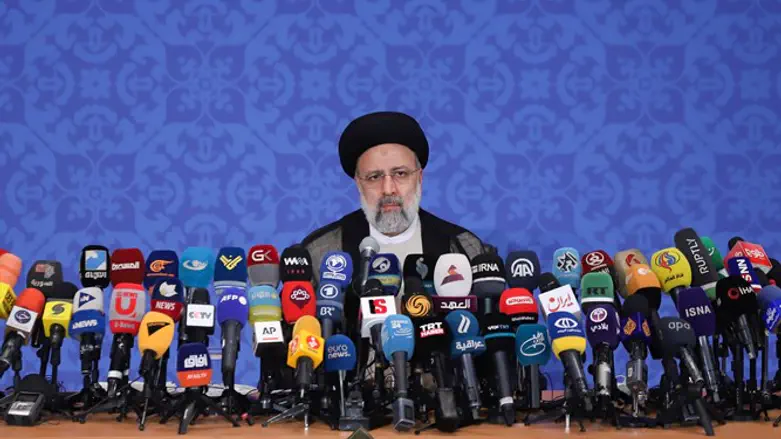
The UN investigator on human rights in Iran is calling for an independent inquiry into allegations of state-ordered executions of thousands of political prisoners in 1988 and the role played by President-elect Ebrahim Raisi as Tehran deputy prosecutor.
In an interview with Reuters, the investigator, Javaid Rehman, said that his office has gathered testimonies and evidence over the years. He added his office is ready to share them if the United Nations Human Rights Council or other body sets up an impartial investigation.
Rehman said he is concerned at reports that some “mass graves” are being destroyed as part of a continuing cover-up.
“I think it is time and it’s very important now that Mr. Raisi is the president (-elect) that we start investigating what happened in 1988 and the role of individuals,” Rehman said told Reuters.
A probe was in the interest of Iran and could bring closure to families, he said, adding, “Otherwise we will have very serious concerns about this president and the role, the reported role, he has played historically in those executions.”
Raisi’s office could not be reached for comment. The office of the spokesman of the Iranian judiciary was not immediately available to comment. Iran’s missions to the United Nations in in Geneva and New York did not respond to requests for comment.
Raisi, a hardline Iranian cleric and a close associate of Iranian Supreme Leader Ayatollah Ali Khamenei, was elected in a landslide in the recent Iranian presidential election, receiving 62% of the vote.
He has defended his role in a series of mass executions in 1988 – executions which led some to call Raisi the “Butcher of Tehran”. Some 5,000 people were killed in the executions, which critics calling a purging of political prisoners.
Raisi was a member of a so-called “death panel” which sentenced prisoners to death during the mass executions. When asked recently about his past actions, he claimed that he is a “defender of human rights”.
